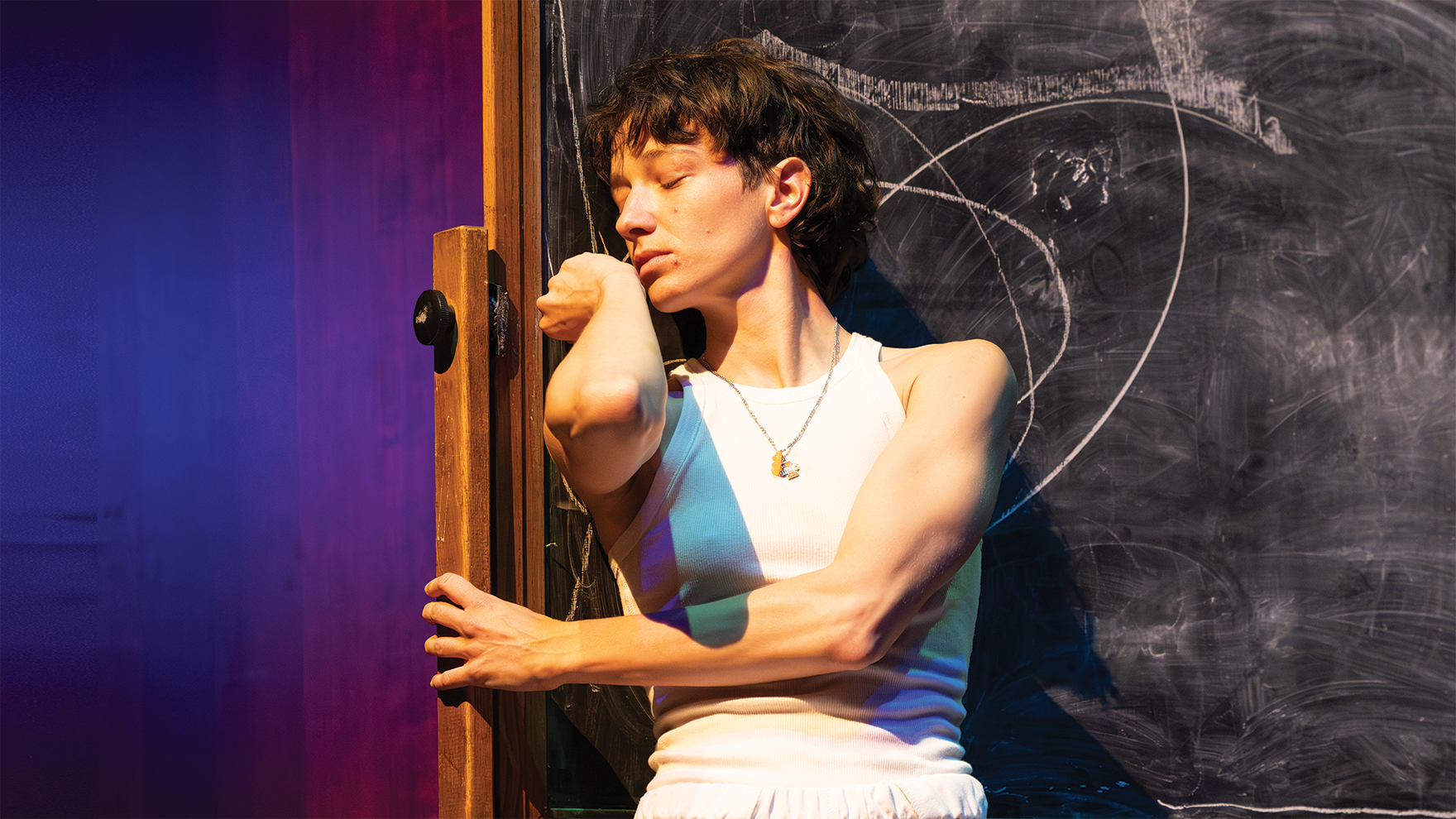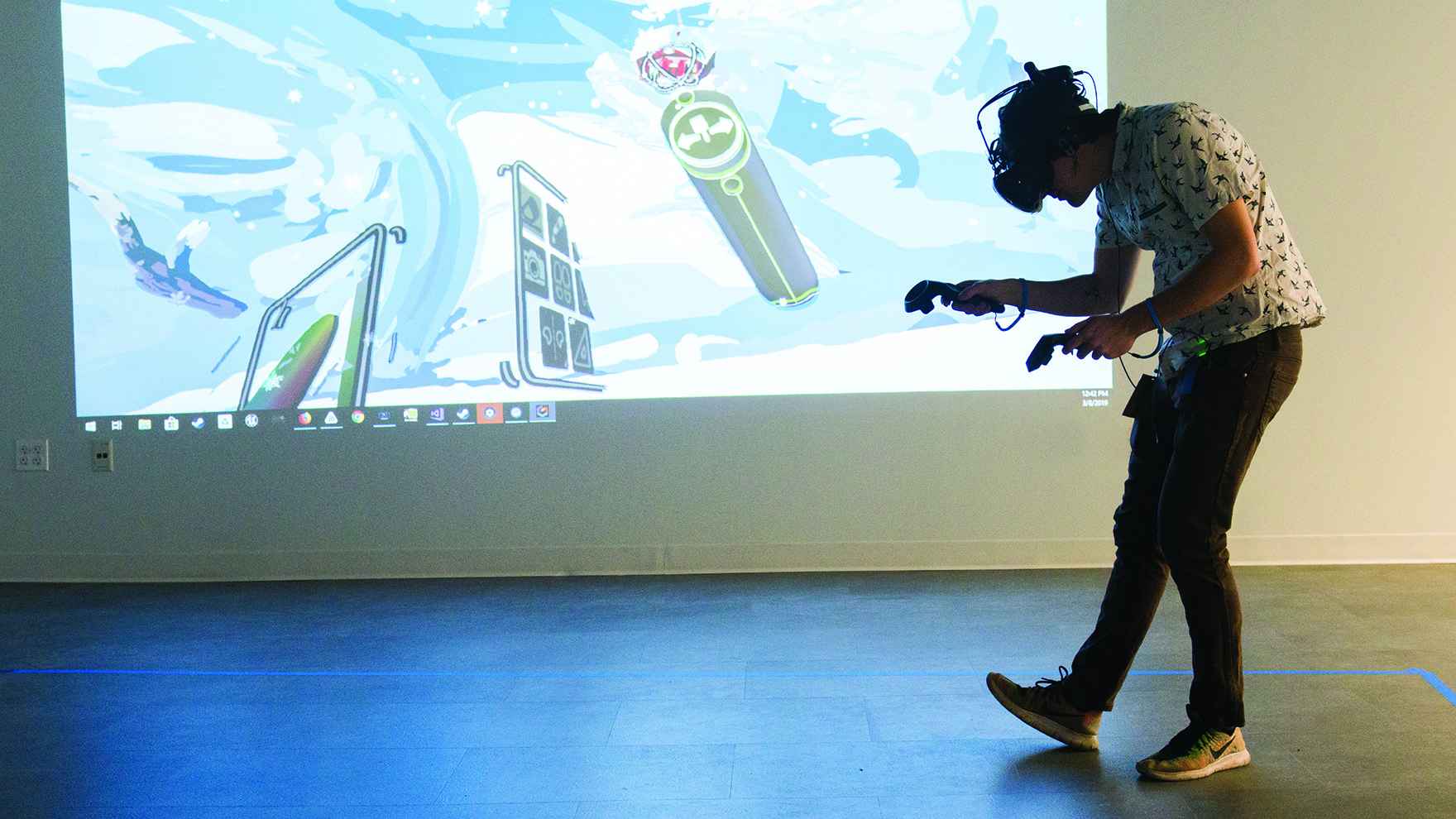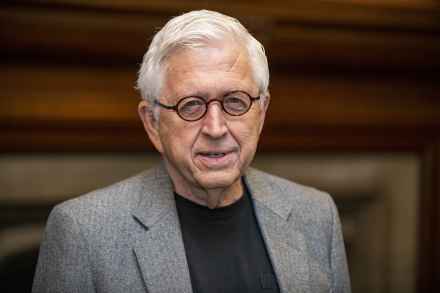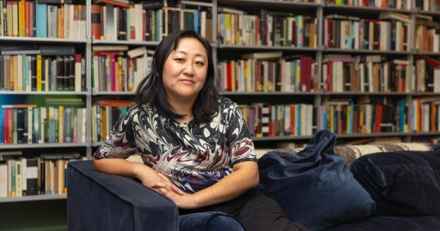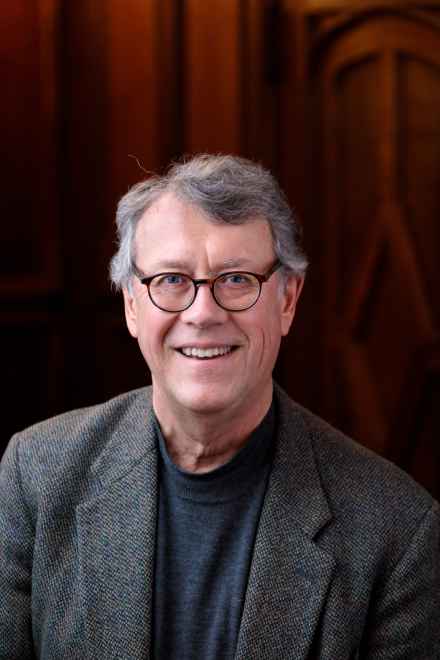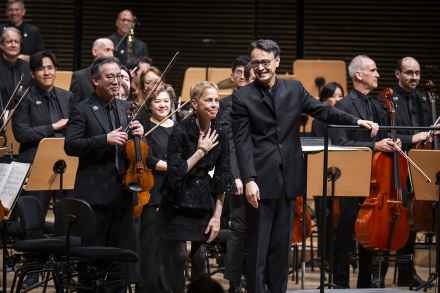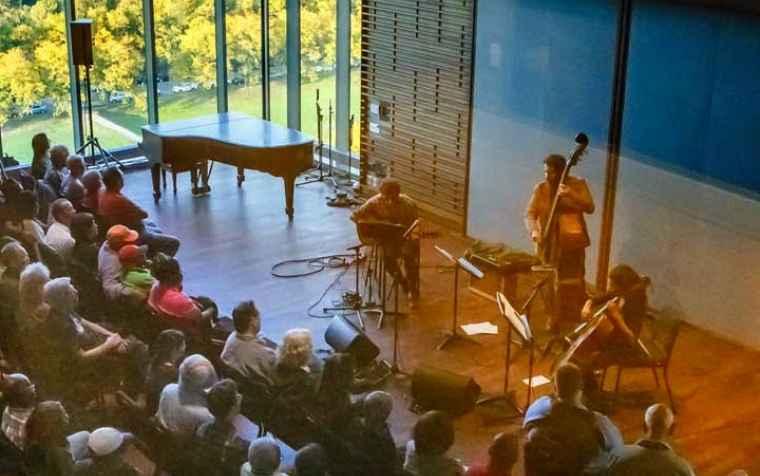UChicago philosopher to receive the prestigious Luhmann Science Prize
Prof. Robert B. Pippin’s wide-ranging scholarship encompasses studies of 19th-century philosophers like Hegel and Kant to 20th-century filmmakers such as Alfred Hitchcock and John Ford. For his contributions to the political, moral, and aesthetic self-image of society, Pippin will receive the Luhmann Science Prize from the Sparkasse Bielefeld Foundation on Dec. 9 in the Bielefeld Wissenswerkstadt, Germany. The Prize includes more than prestige; prize winners receive €25,000.
“Pippin is an outstanding American interpreter of the philosophy of German Idealism,” said Prof. Angelika Epple, Rector of Bielefeld University and chair for the jury of the Luhmann Science Prize.
UChicago writer Ling Ma received 2024 MacArthur Fellowship
Ling Ma, AB’05, an award-winning University of Chicago fiction writer renowned for prose that highlights the similarities between the fantastical and the everyday, has been awarded a 2024 MacArthur Fellowship.
Given each year by the John D. and Catherine T. MacArthur Foundation, the prestigious grants recognize individuals from across disciplines who show “exceptional originality in and dedication to their creative pursuits.” Fellows receive $800,000 stipends to use as they see fit.
“I am amazed that strangers who have read my work decided to nominate or recommend my fiction,” Ma said. “For someone who spends most of their days alone, that's pretty unbelievable.”
Prof. Philip V. Bohlman to address complexity of "doing good" through music during Humanities Day keynote
A pioneering ethnomusicologist, Prof. Philip V. Bohlman seeks to reveal how music helps human beings deal with critical ideas and look at crucial problems in migration globally. He uses a multidisciplinary approach in which ethnography, historical research and music performance intersect. His work in ethnomusicology spans multiple languages and continents.
“Ethnomusicologists study world music, which often occurs in places where human societies are in danger such as borderlands for migrants,” said Bohlman, the Ludwig Rosenberger Distinguished Service Professor and artistic director of the New Budapest Orpheum Society in the Department of Music at UChicago. “Music crosses borderlands and can connect people.”
Acclaimed UChicago composer's new orchestral composition debuts at the New York Philharmonic
During her lessons, Thomas discusses her students’ work and offers her thoughts such as “this chord is fantastic,” or “the rhythmic syntax needs to be different because the tension dips.” She describes every lesson with her students as different but extremely engaging.
“We often discuss the way incredibly detailed moments can impact the entire formal trajectory of a piece, and vice versa,” said Justin Weiss, a UChicago PhD student in Music. “In her music, I feel such a strong sense of formal trajectory and clarity, yet each note is so clearly crafted.”

